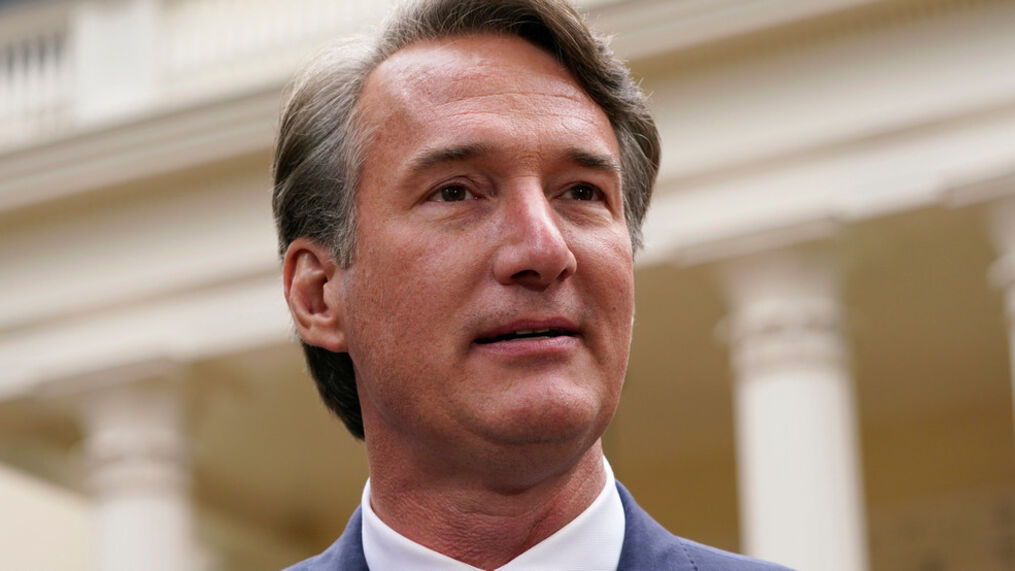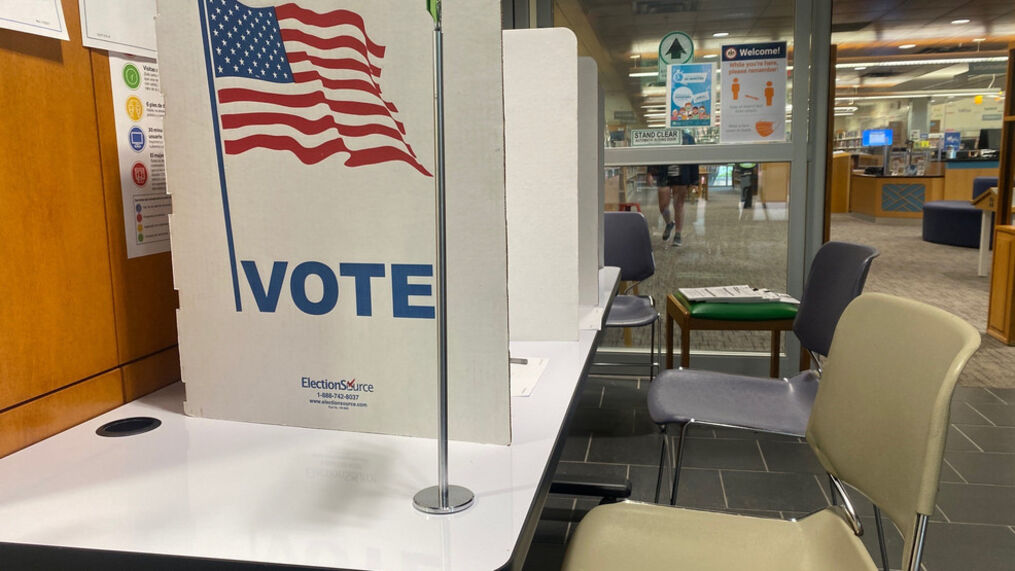Governing Isn’t the Same as Campaigning
Guest Column by David J. Toscano
As a strong supporter of Hillary Clinton in 2016, I was deeply disappointed when she lost. But I also believe in the peaceful transition of power, and even had a bit of optimism that Donald Trump, because of his independent streak, might do some positive things for the country.
Boy was I wrong!
And while I was an equally strong supporter of Terry McAuliffe in his run for governor this past fall, I was willing to give Glenn Youngkin a chance that he would separate himself from Trump, governing instead as a moderate conservative, respectful of the traditional role of the legislature in the making of law, and fiscally responsible in his approach to budgeting. It is still early, but I fear I am wrong again.
Youngkin has been dealt a good hand, and he could easily have defined himself as a moderate like Maryland’s wildly popular Republican governor Larry Hogan. While his margin of victory was not large, his Trump vote was significant enough that no further consolidation of it is necessary. His purported support of schools appealed to suburbanites, thereby giving him an immediate strong position from which to govern. And Ralph Northam left him a significant budget surplus that could allow both new investments and tax relief, the bread and butter of politics.
In his first two weeks of office, however, the new governor has become mired in a series of actions that appear driven more by ideology and sound bites than by policy.
His very public announcement that he intends to fire the present commissioner of the state Board of Elections, a man respected by Republicans and Democrats alike, is little more than a stoking of the Trump base still obsessed with “the big lie” and searching for election fraud that remains virtually nonexistent.
He can legally install his own people in key positions (elections matter) but any efforts to effectively clean house would mean terminating numerous civil servants with the experience necessary to continue our reputation as one of the best states for election fairness and integrity. And his executive order preventing schools from teaching critical race theory prompts further concern that sound policymaking will take a backseat to ideology. Moreover, his creation of a so-called tip line where Virginians can report “divisive practices” in our schools prompts worry that this will undermine teachers and limit creative thinking in the classroom.
In addition, the new governor continues to generate a series of “oops” moments in his policy moves. First, he issues an executive order that purports to remove Virginia from the Regional Greenhouse Gas Initiative, a consortium of states helping to reduce CO2 emissions while bringing needed revenues to the commonwealth. His only problem is that joining RGGI was a legislative action. And the last time I read the Virginia Constitution, it is the legislature — not the executive — who makes laws.
Another executive order, similar to those recently pronounced by governors in Florida and Texas, that compromises the ability of local school divisions to keep students and teachers in the classroom with policies to fight COVID-19 is now drawing fire, with seven school divisions filing lawsuits questioning his legal authority to issue the edict. Even the conservative Cato Center for Education Freedom questioned the Order’s ambiguity and criticized it because it also applied to private schools. Finally, in contradiction of Virginia’s tradition of responsible budgeting, the new governor proposed $3.5 billion in amendments to Gov. Ralph Northam’s introduced budget — without indicating how he will pay for them. This appears strange, coming from a governor with such a strong business background.
And it strikes the legislature as irresponsible and budgeting by press release.
The new governor reports that he is “having a ball,” and expresses surprise at the negative reactions to his initial actions. But the campaign is over, and it is now time to govern. Many Virginia governors have struggled to learn their job, eventually finding the proper way to interact with the legislature while understanding the reasonable restraints on their power. Hopefully, this new governor will find this balance, sooner rather than later.
(Editor’s Note: The preceding guest column was printed with permission by the Virginia Mercury)




